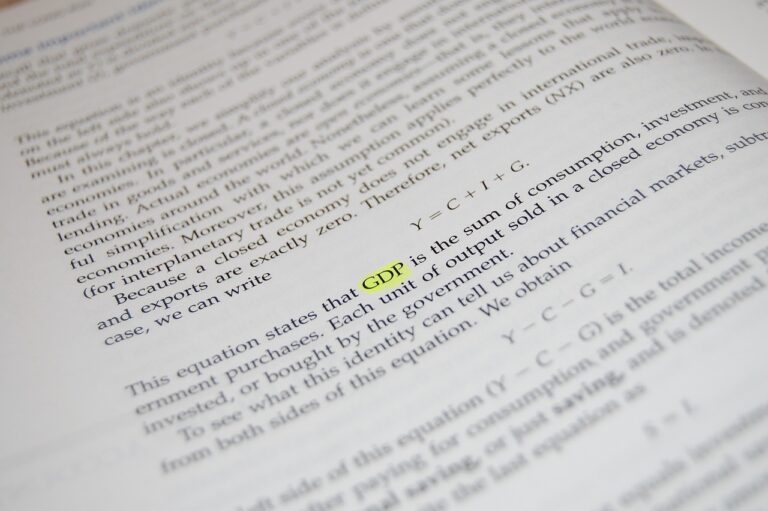The Role of Educational Research in Policy Development: Golden exchange 99, Cricbet99.com, King 567 casino
golden exchange 99, cricbet99.com, king 567 casino: Education is a cornerstone of society, shaping the future of individuals and communities. Educational research plays a crucial role in informing policy development, ensuring that decisions made by policymakers are based on evidence and best practices. In this article, we will explore the significance of educational research in policy development and how it influences the educational landscape.
Understanding the Current Landscape
Before diving into the role of educational research in policy development, it is essential to understand the current educational landscape. Various challenges and opportunities exist within the education system, ranging from improving student outcomes to addressing equity and access issues. Policymakers must navigate these complexities and make decisions that will have a significant impact on students, teachers, and schools.
The Role of Educational Research
Educational research provides policymakers with valuable insights and data to inform their decision-making processes. Through rigorous research studies, researchers can uncover trends, patterns, and best practices in education that can guide policy development. This evidence-based approach ensures that policies are grounded in research and have the potential to improve educational outcomes.
Types of Educational Research
Educational research encompasses a wide range of topics, including curriculum development, teacher training, student assessment, and school governance. Researchers may conduct quantitative studies, such as surveys and experiments, or qualitative studies, such as interviews and case studies. By using a variety of research methods, scholars can generate a comprehensive understanding of the educational system and identify areas for improvement.
Influencing Policy Through Research
Educational research has the power to influence policy development in several ways. Research findings may highlight the need for new policies or interventions to address challenges within the education system. For example, a study on the impact of early childhood education programs on student outcomes may prompt policymakers to invest in expanding access to preschool programs.
Additionally, research can help policymakers evaluate the effectiveness of existing policies and identify areas for improvement. By monitoring outcomes and collecting data, researchers can provide policymakers with evidence on the impact of their decisions and recommend adjustments as needed.
FAQs
Q: How can educators and policymakers collaborate to leverage educational research in policy development?
A: Educators and policymakers can collaborate by participating in research studies, sharing insights and data, and engaging in dialogue to discuss the implications of research findings on policy development.
Q: How can educational researchers ensure that their studies are relevant to policymakers?
A: Researchers can engage with policymakers throughout the research process, from defining research questions to disseminating findings. By involving policymakers in research activities, researchers can ensure that their studies address real-world issues and have practical implications.
In conclusion, educational research plays a critical role in informing policy development and shaping the future of education. By conducting rigorous studies, researchers can provide policymakers with evidence-based recommendations that have the potential to improve student outcomes and advance the educational system. Collaborating with educators and policymakers, researchers can ensure that their work is relevant, impactful, and aligned with the needs of the education community.







